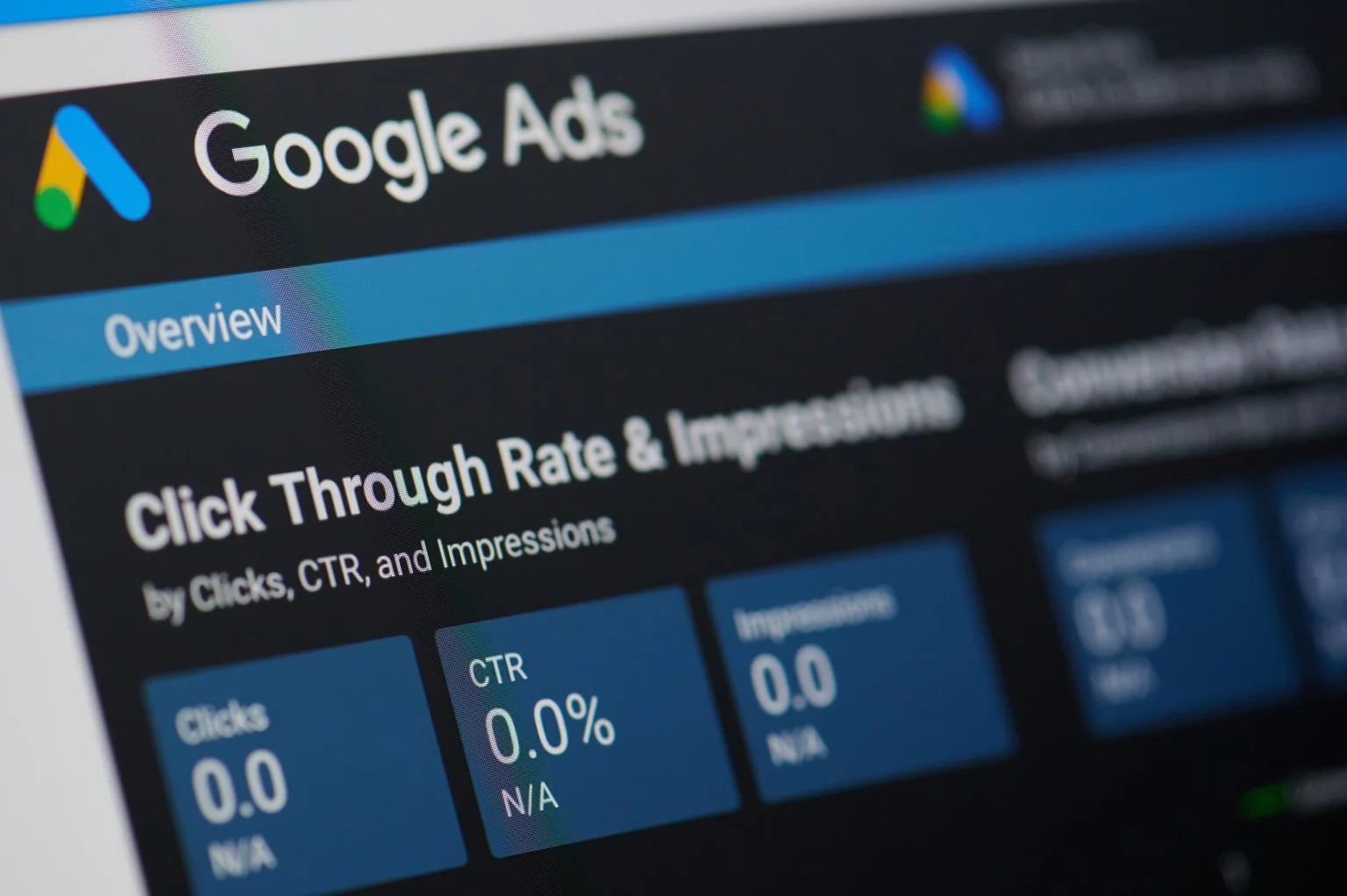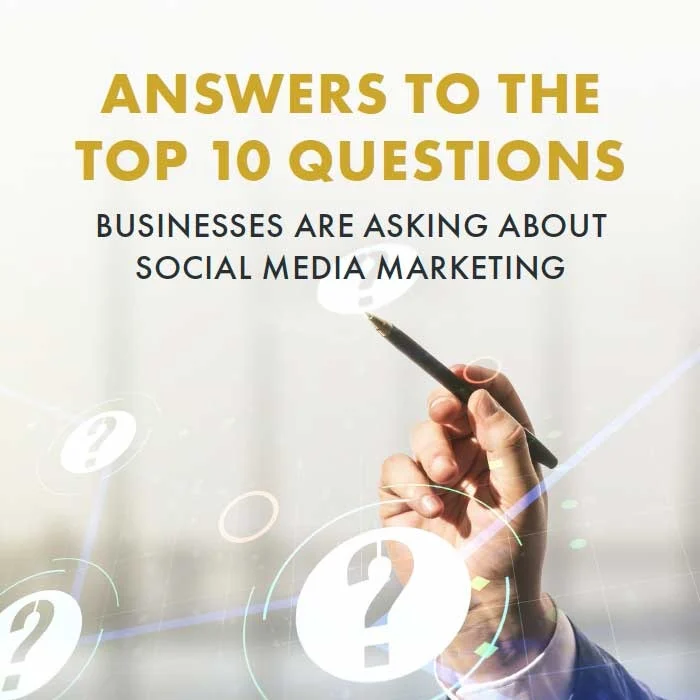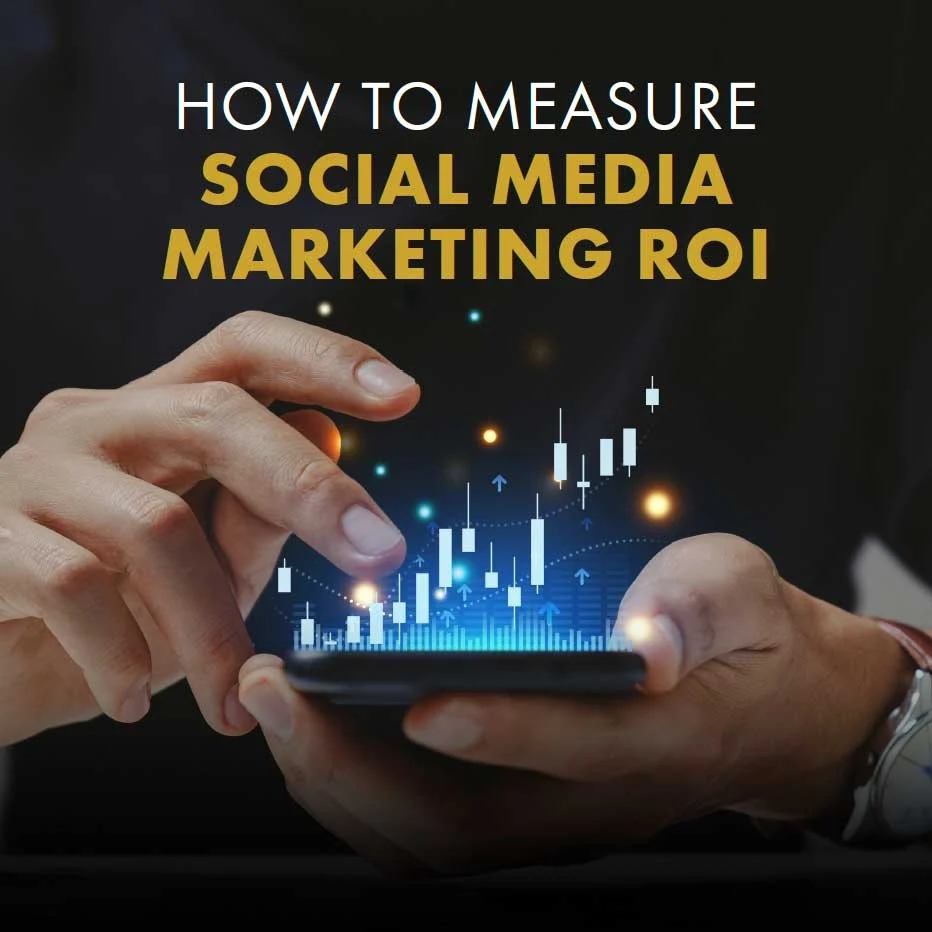
The marketing world is evolving at a breakneck pace. Gone are the days when brands could rely solely on single-channel campaigns or disconnected messaging. Today’s customers expect brands to connect with them across multiple touchpoints in a way that feels seamless, personalized, and cohesive.
Enter omnichannel and integrated marketing—two powerful approaches designed to revolutionize the way brands communicate. Together, these strategies enable businesses to not only deliver a unified brand experience but also foster deeper, lasting connections with their audiences.
This guide will break down what omnichannel and integrated marketing mean, the strategies behind them, and why they’re crucial for marketers, business owners, and brand managers.
At fuze32, we leverage the best of both techniques to make sure our clients get the results they desire. To do omnichannel marketing well, you have to have access to and expertise in each channel available.
Professionals coordinate their channel strategies around a client's growth goals to select the right blend. To execute integrated marketing, professionals must align the creative design, offer, and voice across independent strategies so customers experience a consistent message. A successfully integrated campaign creates a seamless messaging system. When that happens, a campaign builds momentum much faster than if it uses a single channel or, worse, multiple competing channels.
Decoding Modern Marketing Strategies
Modern marketing is no longer a one-size-fits-all game. Brands that win today are those that meet their customers wherever they are—adapting to their online and offline behaviors and preferences. It’s about crafting a marketing experience that feels like an ongoing conversation, rather than a series of disconnected ads.
The Challenge:
Many businesses still struggle to create a seamless customer experience. Disconnected teams, fragmented campaigns, and isolated data sources lead to inconsistent messaging and missed opportunities to nourish customer relationships.
The Solution:
Both omnichannel and integrated marketing strategies work in parallel:
- Omnichannel marketing ensures that all customer touchpoints—from social media to in-store visits—are part of one cohesive experience.
- Integrated marketing focuses on delivering a unified, consistent brand message across all platforms, ensuring that customers hear the same story, no matter where or how they interact with the brand.
Together, they form the backbone of modern, customer-centric marketing.

What is Omnichannel Marketing?
Omnichannel marketing is about being present and consistent across every point of interaction with your customer. Think of it as weaving a single thread through all the channels you use to reach your audience—Instagram, email, in-store displays, websites, mobile apps, and more.
A Seamless Journey
Imagine this customer interaction:
- A potential customer first sees your product featured in an Instagram ad.
- They visit your website to read the details and explore reviews.
- They receive a personalized offer via email.
- They add the product to their cart on your mobile app but decide to pick it up in-store instead.
- Post-purchase, they share their glowing review on social media.
From discovery to purchase and beyond, every interaction feels connected, intentional, and designed with the customer in mind. That’s omnichannel marketing in action.
Key to Success:
Omnichannel marketing isn’t just about offering multiple channels—it's about integrating them seamlessly. It’s about consistency in visuals, messaging, and functionality, no matter how or where the customer interacts with your brand.
Integrated Marketing at Its Core
While omnichannel marketing focuses on the "how" of customer engagement, integrated marketing focuses on the "what"—the message itself. It’s about ensuring your brand speaks with one clear, consistent voice.
Integrated marketing orchestrates a cohesive customer journey, ensuring a seamless experience from initial awareness to post-purchase loyalty. By strategically aligning marketing efforts across various channels, businesses can effectively guide consumers through each stage of the buying funnel.
At the top, captivating brand messaging and compelling content attract potential customers. As they progress to the consideration phase, targeted advertising and informative product demonstrations provide valuable insights. In the decision stage, personalized offers and seamless checkout processes facilitate conversions. Finally, post-purchase engagement through loyalty programs, customer support, and up-selling opportunities fosters long-term relationships, solidifying brand advocacy and driving repeat business. This integrated approach not only enhances customer satisfaction but also optimizes marketing ROI by maximizing conversions and minimizing customer churn.
The Power of Consistency
Integrated marketing ensures:
- Visual branding (logos, colors, fonts) is consistent across platforms.
- Messaging reflects core brand values everywhere, from an Instagram post to a TV commercial.
- Campaigns work together under a unified goal, rather than as isolated efforts.
Example: Think of Apple. Whether it’s a billboard for the latest iPhone, a YouTube ad highlighting its features, or a hands-on experience in-store, the same clean, innovative messaging and design are at the core of everything Apple does. That’s integrated marketing at its best.
Integrated Marketing vs Omnichannel Marketing
Integrated marketing and omnichannel marketing are powerful yet distinct strategies in modern marketing. Integrated marketing aims to create a consistent brand message across all channels. When a customer sees a billboard, a website, or a TV ad, they receive the same main story. Omnichannel marketing, however, takes a broader approach, prioritizing a seamless customer journey across multiple platforms and touchpoints.
The key difference lies in their execution. While integrated marketing ensures a unified brand voice, omnichannel marketing creates a smooth, experience that allows customers to move effortlessly between different platforms.
For instance, a customer might begin an interaction through an email, continue researching on a website, and complete a purchase via a mobile app—all while experiencing a cohesive and personalized brand interaction. Integrated marketing aims to create a consistent brand message across all channels. When a customer sees a billboard, a website, or a TV ad, they receive the same main story. They also have a similar visual experience.
Messaging Matters
At fuze32, we leverage the best of both techniques to make sure our clients get the results they desire. To do omnichannel marketing well, you have to have access to and expertise in each channel available.
Professionals coordinate their channel strategies around a client's growth goals to select the right blend. To execute integrated marketing, professionals must align the creative design, offer, and voice across independent strategies so customers experience a consistent message. A successfully integrated campaign creates a seamless messaging system. When that happens, a campaign builds momentum much faster than if it uses a single channel or, worse, multiple competing channels.
Here’s fuze32’s Carrie Berkbuegler with more tips on how this is accomplished for clients at fuze32:
Practical Strategies for Implementation
Step 1: Leverage Customer Data
Everything starts with understanding your audience. Use advanced analytics tools to examine customer behavior, preferences, and pain points. Platforms like Google Analytics, HubSpot, and Customer Data Platforms (CDPs) can help collect, organize, and analyze this data to craft a data-driven strategy.
Step 2: Align Teams Around a Unified Strategy
Break down silos within your organization. Align your marketing, sales, customer service, and teams to execute a cohesive brand experience.
Step 3: Personalize at Scale
Audiences today crave personalization. Use tools and technologies like AI-based email marketing platforms (e.g., Mailchimp, Klaviyo) and AI-powered recommendation engines to tailor messaging for each customer.
Step 4: Unify Marketing Tech & Automation Tools
Use tools like marketing automation platforms, CRM systems, and social media scheduling tools. These help keep your messaging clear across campaigns. Automation also ensures that time-sensitive messages (like cart abandonment emails) reach your audience at the perfect time.
Step 5: Sync Your Content Across All Platforms
Ensure that content—be it a blog, YouTube video, or in-app notification—is working together. Cross-reference messaging to maintain consistency and drive a unified brand narrative.
Real-World Benefits of Unified Marketing
When these strategies come together seamlessly, the impact is transformational.
For Customers:
- Elevated Experience: They’ll experience friction-free, personalized journeys that build trust and loyalty.
- Stronger Emotional Connection: Consistent messaging fosters familiarity, making them more likely to engage and return.
For Brands:
- Higher ROI: Cohesive marketing efforts lead to reduced waste and increased conversions.
- Stronger Brand Reputation: A unified experience positions your brand as credible, professional, and trustworthy.
- Streamlined Operations: Coordination across departments creates efficiency, saving time and resources.
Overcoming Challenges Along the Way
Implementing omnichannel and integrated strategies isn’t without challenges:
- Breaking Down Silos: Collaboration between marketing, sales, and customer service can be tough. Clear communication is key.
- Technology Gaps: Invest in the right tools to make integration across platforms seamless.
- Budget Constraints: Focus on high-impact channels first before scaling.
With these hurdles addressed, success is within reach.
Create Lasting Connections with Unified Marketing
Omnichannel and integrated marketing aren’t just buzzwords—they’re essential strategies in today’s marketing landscape. By focusing on creating seamless customer experiences and unified messaging, you can transform casual audience interactions into meaningful relationships.
The future belongs to brands that meet their customers where they are, with the right message, at the right time.
Are you ready to connect with your audience on every level? Start crafting your tailored marketing strategy today.



.webp)






















































